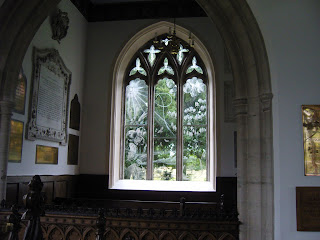On the Need for Moral Ambiguity in Kids Stories

Inner Conflict by Nathalia Suellen “If only it were all so simple! If only there were evil people somewhere insidiously committing evil deeds, and it were necessary only to separate them from the rest of us and destroy them. But the line dividing good and evil cuts through the heart of every human being. And who is willing to destroy a piece of his own heart?” - Alekandr Solzhenitsyn, The Gulag Archipelago The other night I was watching a CG-animated Netflix children’s fantasy with my family. It featured many of the tropes one might expect for such a story — the true meaning of friendship, the difficulty in constantly moving homes, living in a broken family, the importance of finding courage in yourself. Oh yeah, and an act of genocide on an unspeakable scale. This got me thinking about extreme ideological polarization in regards to the socio-political situation the Western world finds itself in as of late and especially the social polarization that arose under the Obama a





